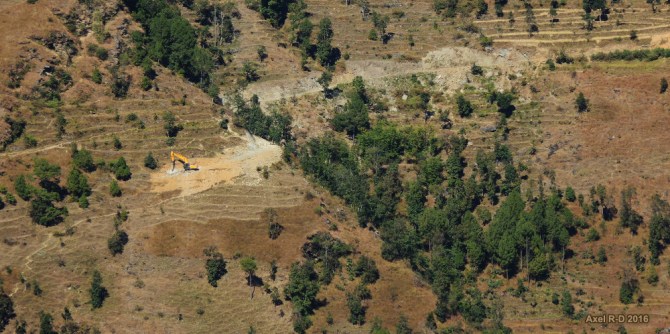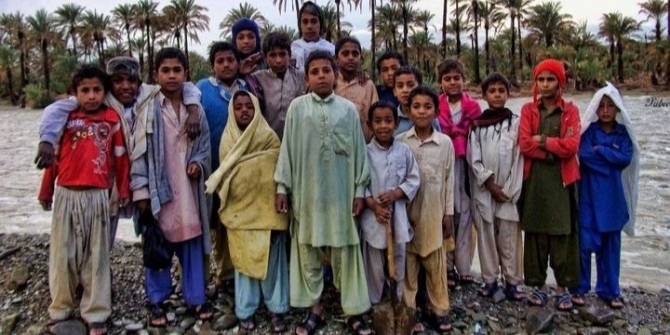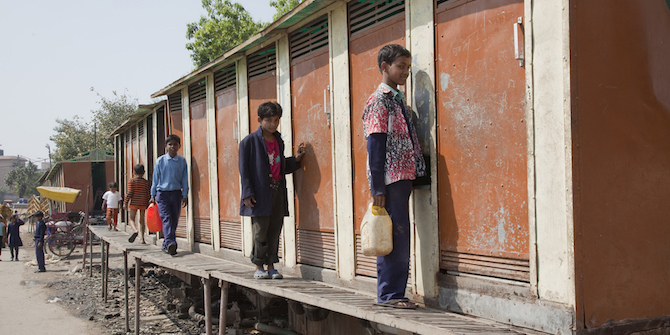LSE’s Alpa Shah recently joined Professor Akhil Gupta (UCLA) and Laurie Taylor for the BBC Radio 4 show ‘Thinking Allowed’ to discuss the shortcomings of poverty alleviation programmes in India. The discussion focused around Professor Gupta’s new book, in which he argues that Indian bureaucracy prevents expansive state programmes from alleviating poverty, leaving more than a quarter of the country’s population to survive on less than a dollar per day. On the show Professor Gupta said that rampant corruption and the state’s obsession with paperwork despite widespread illiteracy amongst India’s poorest citizens leads to the arbitrary distribution of state assistance. Professor Shah disputed this claim of arbitrariness, and instead argued that Indian residents at the bottom of the caste hierarchy – adivasis and dalits, who comprise 25 per cent of the population – are systematically excluded from the processes of poverty alleviation. She called for India to question the kind of economic growth it is currently pursuing, which has led to the economic polarisation of Indian society.
Click here to listen to the show (13:40-28:30).







